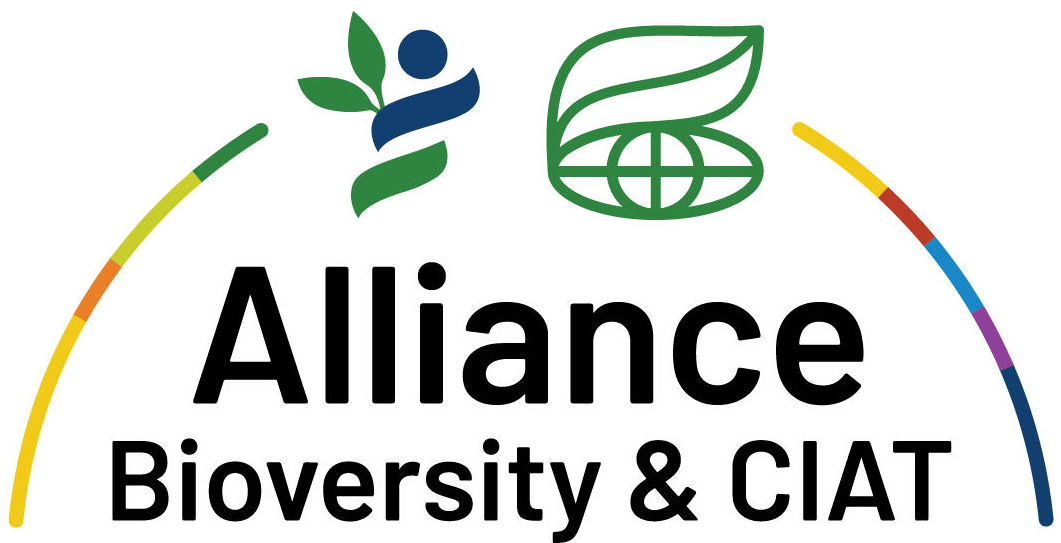
The Agroecological TRANSITIONS programme asks the question of how to scale up agroecology through improved metrics, digital tools and public and private incentives and investment. Our program takes a very broad approach to transforming food systems, with a plurality of outcome-based methods. By considering both strengths and trade-offs of different viable options in particular contexts, TRANSITIONS aims to take the best of all of them to scale up innovations, principles and approaches that break existing barriers and lock-ins.
Implementing partners will present the most important highlights of the program to date, all the while creating a space for discussion with key partners working on transforming food systems on the ground. A panel will openly discuss perspectives for the future with the objective of agreeing on a set of recommendations for action for the TRANSITIONS program.
Ample time will be given for a thorough Q&A and interaction with the audience.

























